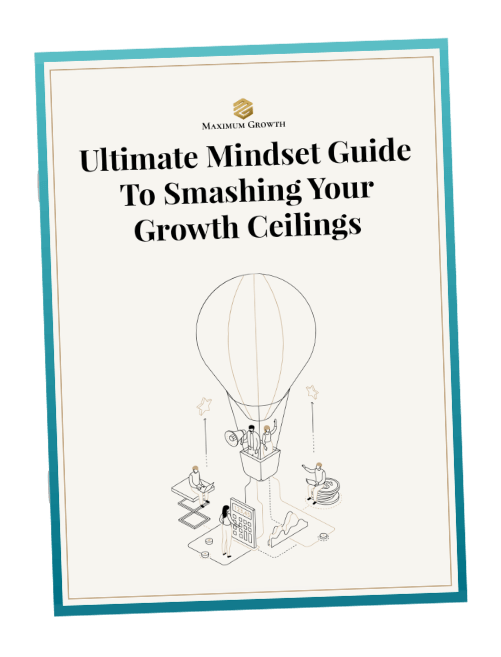Executive function describes how we juggle our actions, thoughts, and emotions in our everyday life. It involves working memory, decision-making, self-control, and mental flexibility.
We rely on strong executive functions to stay focused, plan ahead, make connections between ideas, cope with stress and not reach for that block of chocolate hidden in the back of the cupboard!
This part of the brain begins to develop during early childhood through simpler cognitive, physical, emotional, and linguistic processes (like recognizing similarities and differences, identifying their own emotions as well as others, and following directions).
Eventually, children should be able to handle cognitive tasks (e.g. doing simple addition and subtraction) while regulating their emotions (e.g. not have a meltdown when they can’t solve a problem or have what they want).
It’s not only children who are learning how to activate their executive function, manage their emotions, think and plan more into the future, adults are too.
You aren’t born with these skills (nope, it’s not hardwired within us).
You are instead born with the potential to develop them (AKA our natural drive to grow and evolve).
WHAT’S YOUR Growth Ceiling?
Growth Ceiling Definition: Invisible barriers, challenges and problems preventing you from levelling up
Fact: All business problems are personal problems in disguise
Take Our Maximum Growth Quiz To Identify Your Growth Ceiling:
Some people may need more support than others to develop these skills (hands up to being one of them at times. Yes, I put my hand up too).
If you’ve experienced (yes, all in your perception) childhood trauma, not getting what you needed from your relationships with adults, social isolation and other factors that influence stress, your ability to have developed this skill can be delayed or impaired (these disrupt the brain architecture and impair the development of executive centre).
Self-monitoring is the key. It’s the glue that sticks all the executive functions together to help achieve goals and greater independence.
This skill helps us understand our behaviors and how we adjust and make changes in the future.
Self-monitoring can be done by assessing yourself and where you are at in life.
Think of it like a report card which checks in to see how you’re going, what you could be doing more or less to achieve your goals or even how emotionally regulated/unregulated you are (and remember avoidance of feeling anything is unregulated).
Over time you require less check in’s as you have more and more self governance.
Another strategy to develop self monitoring is self talk.
Our brains are powerful and have the capacity to control our behavior based on our thoughts or our internal dialogue.
We all know that sometimes our inner thoughts aren’t productive, but instead are scattered, or easily distracted.
The Demartini Method is a series of questions you can self-talk and you can independently bring your scattered private thoughts into focus, guiding yourself through challenges, resolving emotions and helping you to feel centered to make wise, thought-out decisions.
This is why we hold our Maximum Growth Mindset Classes twice a week throughout the year. It is a way to teach you to check in with yourself, provide scaffolding you need to learn the skill of asking quality questions to bring you (AKA your mind) into greater levels of self-governance.
This then frees your mind to get on with your divine plan, your mission, and take the action steps to fulfil it.
Class starts back again next Tuesday (USA/UK) / Wednesday (AUS/NZ).
Hope to see you on the inside,
Leadership Coach & Master Certified Demartini Method Facilitator
BAppSoSc (Counselling)
Maximum Growth
One on one & group coaching available
Helping leaders to level up using a transformational mindset work.
P.S. Inspired to finally have a date for our Walkshop, 5 days of inner transformation set around the beautiful waters of Sydney. Want to be on the first in the best dressed list? Click here.


